1. Introduction to Chicken Manure Recycling Machine
Poultry farming produces a large amount of chicken manure daily, posing environmental challenges such as pollution, foul odors, and disease risk if not properly managed. The Chicken Manure Recycling Machine is a specialized equipment designed to transform raw chicken manure into valuable organic fertilizer, biogas feedstock, or compost material. This machinery integrates drying, crushing, separating, and composting processes to facilitate sustainable waste management and resource recovery.
By converting waste into useful products, the chicken manure recycling machine helps reduce environmental pollution, lower disposal costs, and promote circular agriculture. Its automation improves operational efficiency and reduces labor intensity, making it an essential component for modern poultry farms and organic fertilizer producers.
This article provides an in-depth overview of chicken manure recycling machines, including their technical specifications, key features, advantages, application areas, operation guidelines, maintenance tips, troubleshooting strategies, and frequently asked questions.
2. Technical Parameters of Chicken Manure Recycling Machine
Processing Capacity | 1 to 10 tons per hour |
Power Supply | 380V / 50Hz / 3 Phase |
Power Consumption | 10 kW to 35 kW (depending on model) |
Machine Weight | 2 to 8 tons |
Input Moisture Content | 50% to 75% |
Output Moisture Content | 15% to 25% |
Processing Methods | Drying, Crushing, Separation, Composting |
Material of Construction | Stainless Steel / Carbon Steel |
Control System | PLC Automated / Manual |
Dimensions (L×W×H) | 4.5m × 2m × 2.5m (approximate) |
Applicable Material | Chicken manure, poultry waste, organic residues |
3. Features of Chicken Manure Recycling Machine
3.1 Multi-Functional Processing
Combines drying, crushing, screening, and sometimes composting in one integrated system, streamlining the recycling process.
3.2 Efficient Moisture Reduction
Effectively lowers manure moisture from 70% or higher to around 20%, facilitating safe storage and further processing.
3.3 Automated Control System
Equipped with PLC control panels for monitoring temperature, moisture, motor status, and operational parameters to ensure consistent performance.
3.4 Environmentally Friendly Design
Reduces odors, pathogens, and pollution through controlled drying and microbial fermentation, meeting environmental standards.
3.5 Durable Construction
Built with corrosion-resistant materials to withstand harsh manure conditions and extend service life.
3.6 Modular and Scalable
Can be customized or expanded according to farm size and specific processing needs.
3.7 Energy Efficient
Designed for low power consumption relative to processing capacity.
3.8 User-Friendly Operation and Maintenance
Simple interface and modular parts for easy maintenance and reduced downtime.
4. Advantages of Chicken Manure Recycling Machine
Pollution Reduction: Prevents groundwater and air pollution by stabilizing manure and reducing pathogens.
Resource Utilization: Converts waste into organic fertilizer, biogas feedstock, or compost, promoting sustainable agriculture.
Cost-Effective: Reduces waste disposal costs and dependence on chemical fertilizers.
Labor Efficiency: Automation reduces manual labor and improves operational safety.
Compliance: Helps farms meet government regulations for waste management and emissions.
Improved Farm Hygiene: Minimizes flies, odors, and disease vectors around farms.
Scalability: Suitable for small farms and large-scale industrial operations.
Energy Recovery: Some models allow biogas generation from processed manure.
5. Applications of Chicken Manure Recycling Machine
Poultry Farms: For processing daily manure in broiler, layer, breeder, and free-range poultry farms.
Organic Fertilizer Production: Prepares manure for organic fertilizer granulation or composting.
Biogas Plants: Treats manure for enhanced anaerobic digestion.
Agricultural Waste Management: Handles manure mixed with crop residues or other organic wastes.
Municipal Waste Treatment: Processes manure from poultry markets or processing facilities.
Aquaculture Farms: Reduces pollution risk by managing poultry waste effectively.
Renewable Energy Plants: Converts manure into biomass fuel or biogas.
6. Operating Instructions for Chicken Manure Recycling Machine
6.1 Pre-Operation Checks
Inspect machine for any visible damage or loose components.
Confirm power supply stability and grounding.
Ensure feeding material meets moisture and size requirements.
Check lubrication of moving parts.
6.2 Operating Steps
Feeding: Load raw chicken manure into the feeding hopper using conveyor belts or loaders.
Drying: The machine applies heat and mechanical pressure to reduce moisture.
Crushing & Screening: Solid manure is crushed and screened to remove impurities.
Separation: Solid-liquid separation may be applied depending on the model.
Composting (optional): Microbial composting accelerates manure stabilization.
Discharging: Processed manure is discharged for storage or packaging.
Monitoring: Use control panel to adjust temperature, speed, and moisture levels.
Emergency Procedures: Follow manufacturer guidelines in case of alarms or faults.
6.3 Safety Measures
Wear protective equipment such as gloves and masks.
Avoid inserting hands into the feeding or discharge areas while operating.
Keep emergency stop accessible.
Regularly inspect electrical and mechanical components.
7. Maintenance and Servicing
Daily: Remove debris, check for abnormal sounds or vibrations.
Weekly: Lubricate bearings, clean filters and screens.
Monthly: Inspect belts, chains, and motor conditions.
Quarterly: Check electrical systems and sensors.
Annual: Conduct a thorough inspection and replace worn components.
8. Troubleshooting Common Problems
Machine Won't Start | Power failure or faulty motor | Check power, repair or replace motor |
Poor Drying Effect | Insufficient heat or airflow | Increase temperature, clean ventilation |
Blockage in Feeding | Large debris or wet clumps | Clear debris, adjust feed moisture |
Excess Noise or Vibration | Loose parts or worn bearings | Tighten bolts, replace bearings |
Material Leakage | Damaged seals or joints | Replace seals, tighten fittings |
Control Panel Errors | Sensor malfunction or wiring issues | Check sensors, repair wiring |
9. Frequently Asked Questions (FAQ)
Q1: What moisture level does the machine achieve?
Typically reduces moisture from 60–75% to 15–25%.
Q2: Can the machine handle manure mixed with bedding?
Yes, but preprocessing may be needed to remove oversized materials.
Q3: Is it suitable for small farms?
Yes, models range from small to large capacities.
Q4: What is the power consumption?
Depends on size; generally between 10 kW and 35 kW.
Q5: How often should maintenance be performed?
Daily checks, weekly lubrication, and annual inspections recommended.
Q6: Can this machine integrate with biogas systems?
Yes, processed manure can be fed into biogas digesters.
Q7: How long does processing take?
Processing times vary; usually between 30 minutes and 2 hours.
Q8: Does it reduce odor effectively?
Yes, drying and composting reduce odor significantly.
Q9: Is operator training necessary?
Basic training is advised for safe and efficient operation.
Q10: Can other types of manure be processed?
Yes, pig, cow, and other livestock manure can be processed with minor adjustments.
10. Conclusion
The Chicken Manure Recycling Machine is an indispensable solution for sustainable poultry farming and organic fertilizer production. It efficiently converts chicken manure into valuable resources, minimizes environmental impact, and improves farm hygiene. By adopting this technology, farms and fertilizer producers can reduce costs, comply with environmental regulations, and contribute to circular agriculture.
Investing in a reliable recycling machine enhances operational efficiency, supports eco-friendly practices, and opens up new revenue streams through organic fertilizer or biogas production.
Company Profile
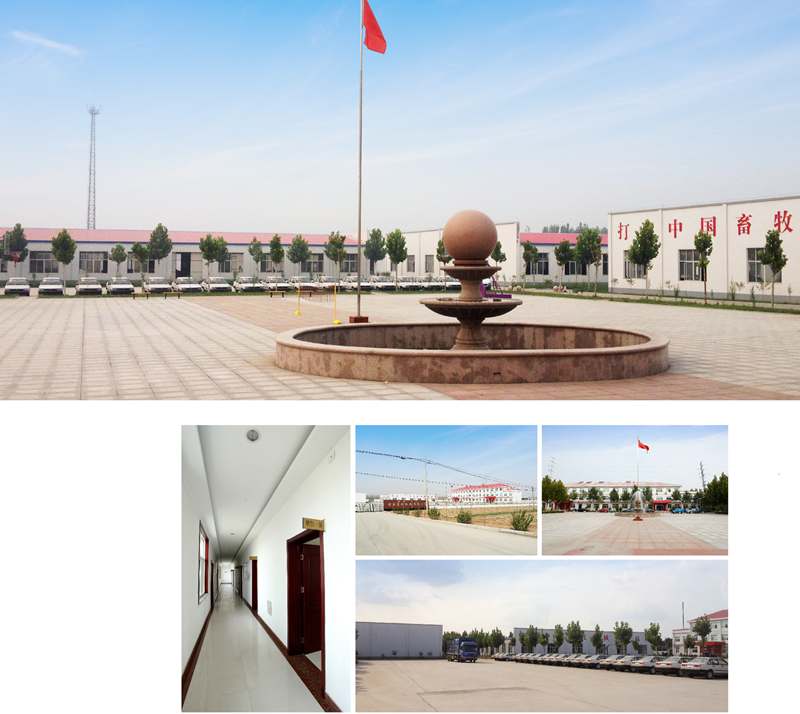
Shandong Huimin Qinle Livestock Machinery Co., Ltd. (formerly Shandong Huimin Qinle Livestock Machinery Factory) is a professional poultry equipment manufacturer with over 20 years of experience. We offer a comprehensive service package, from design (land and chicken coops), production (equipment and prefabricated steel coops), installation, commissioning, customer training, and after-sales service.
Located in Huimin County, Binzhou City, Shandong Province, China, the company has extensive experience in mechanical processing and manufacturing, as well as livestock machinery production and operation. With fixed assets of RMB 15 million, the company employs 160 people, including 30 R&D staff, and occupies a 40,000-square-meter factory. Equipped with over 110 pieces of advanced precision production equipment, including CNC machining centers and laser cutting machines, the company boasts a production capacity of RMB 50 million.
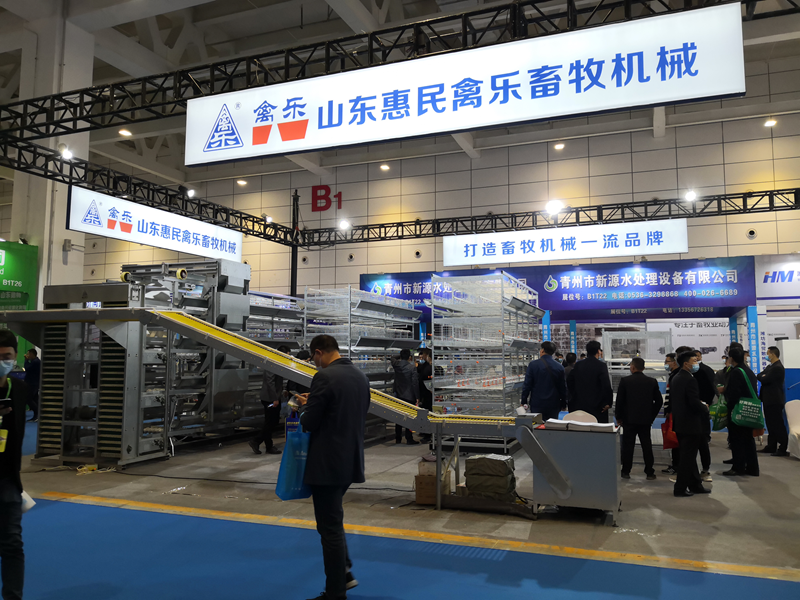
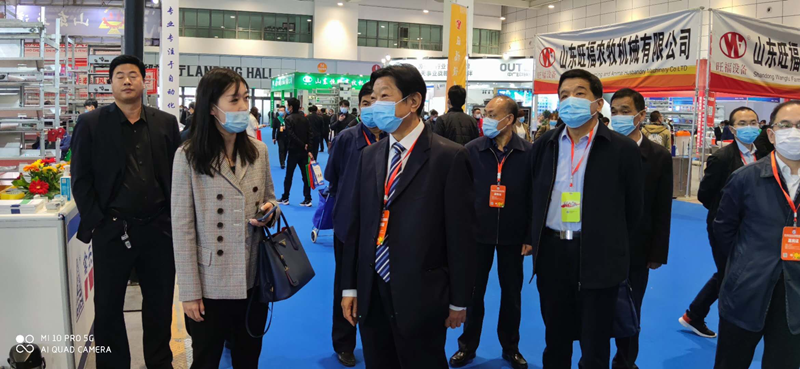
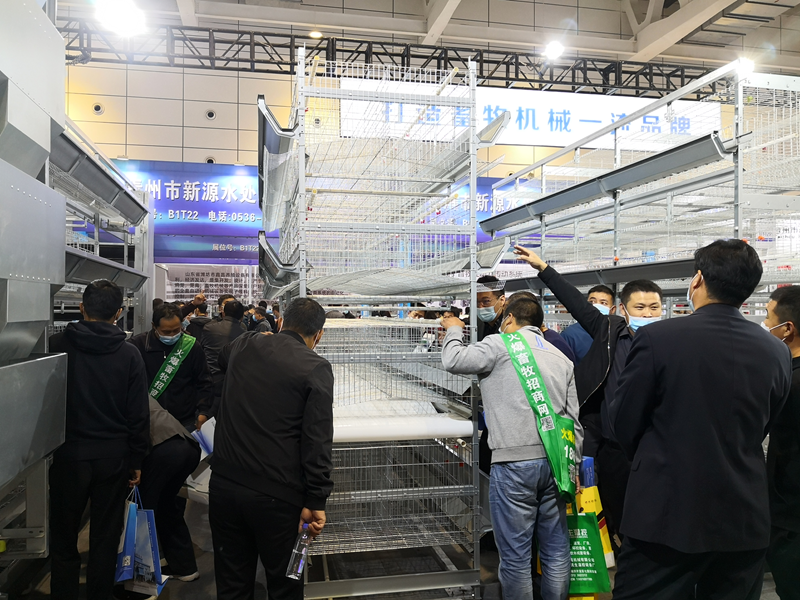
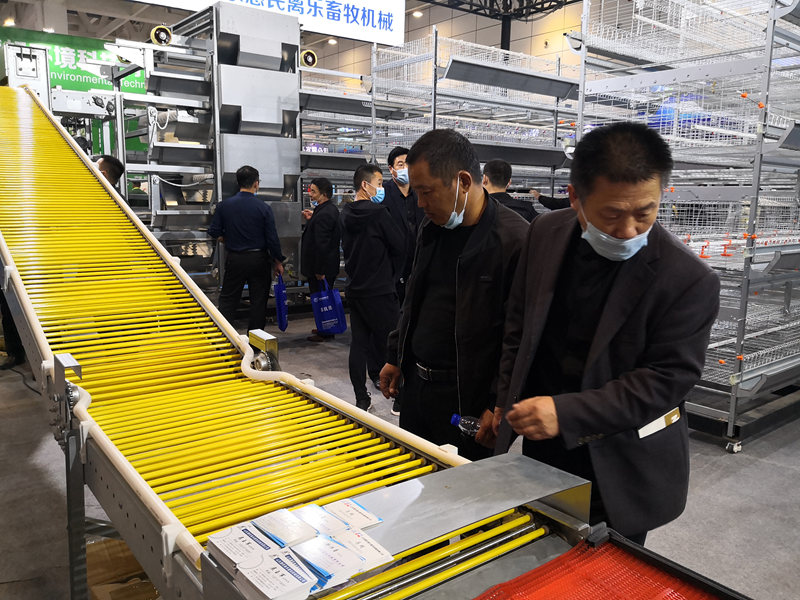
Chicken Farming Equipment Mesh Production Workshop

Machining Workshop
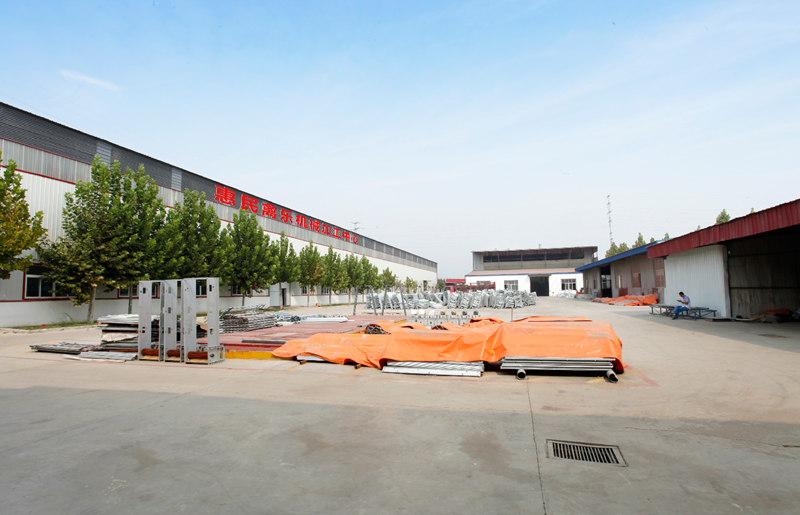
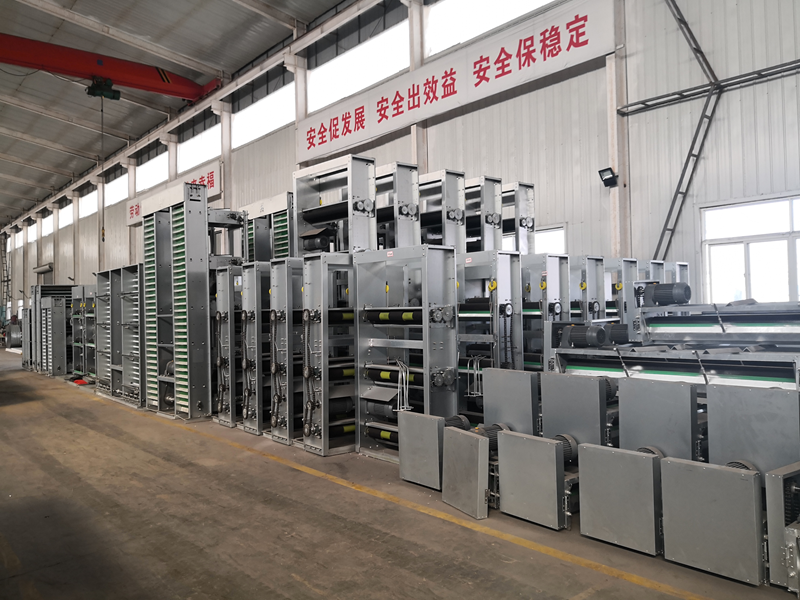
Turret-type CNC Punch Press, Laser Cutting and Other Machining Equipment
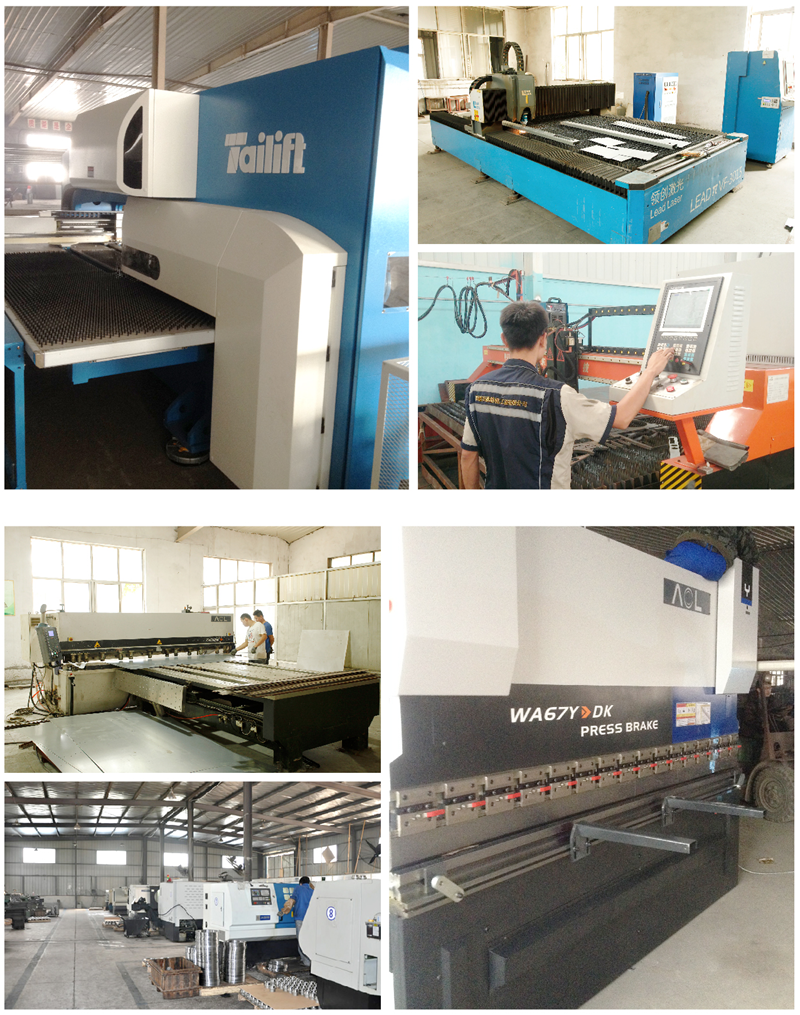
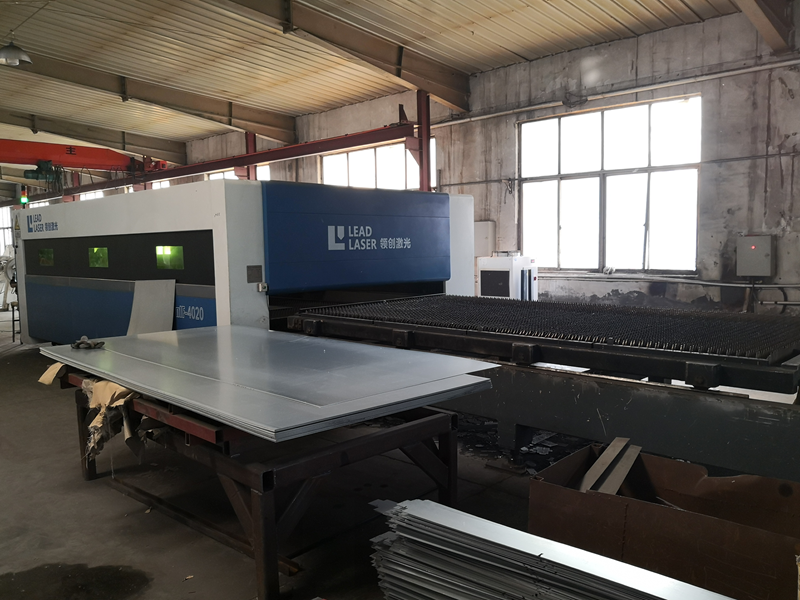

Fully Automated Roll Forming Production Line

Hot-dip Galvanizing Production Line

Electroplating Production Line
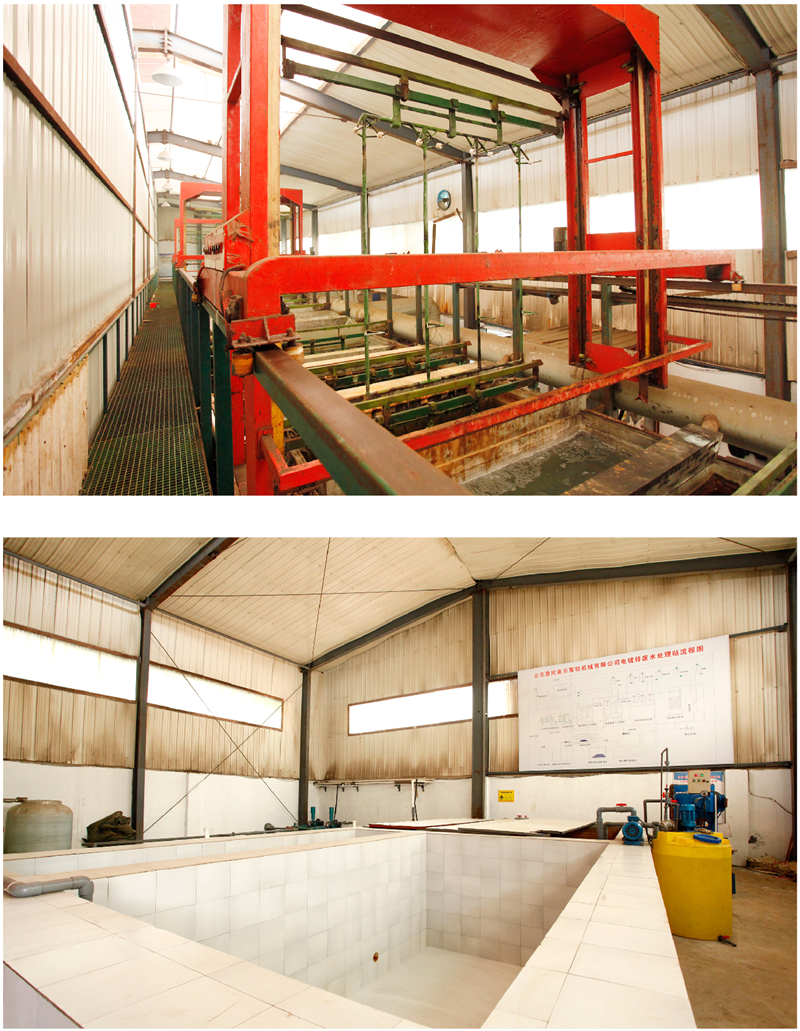
Environmental Protection Equipment
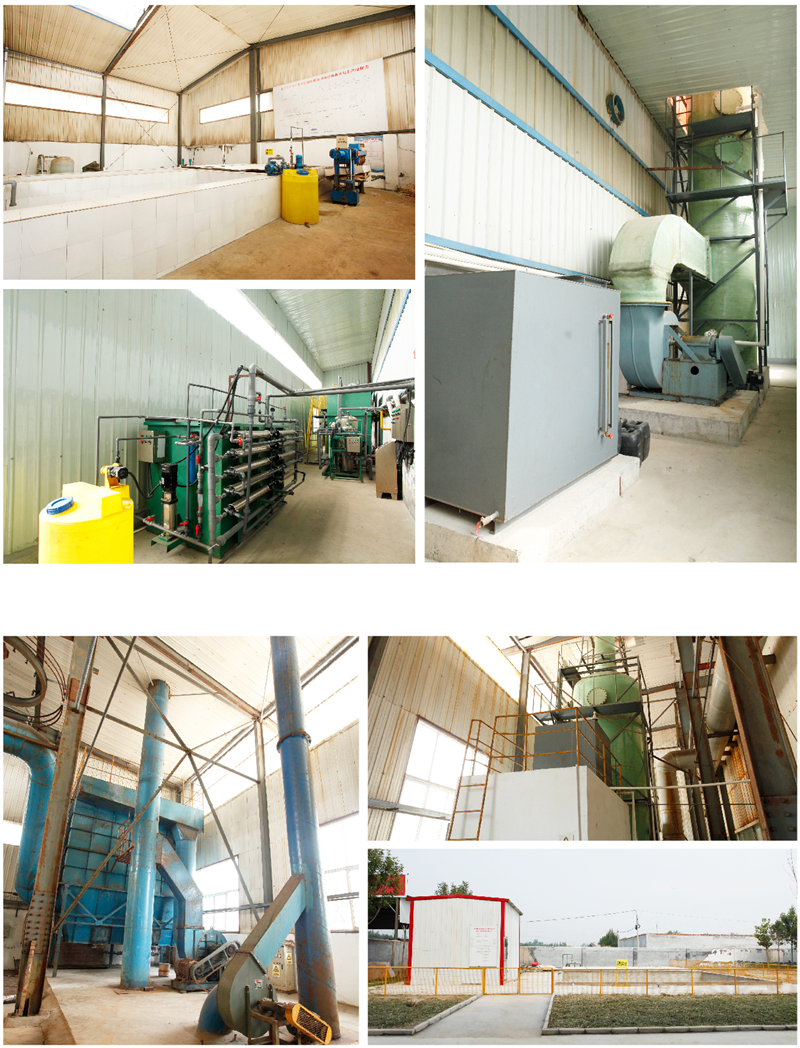
Chicken Farming Equipment Product Series
Egg-laying Hen Farming Equipment
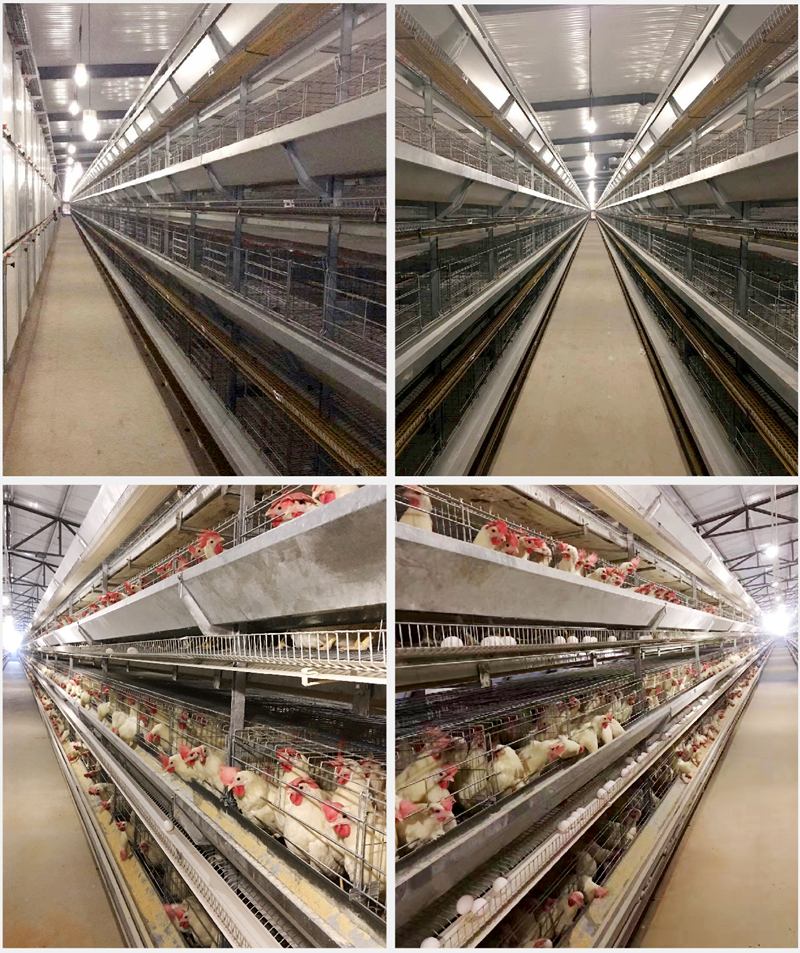
Stacked Brooding Cage Equipment

Stacked Broiler Cage Equipment
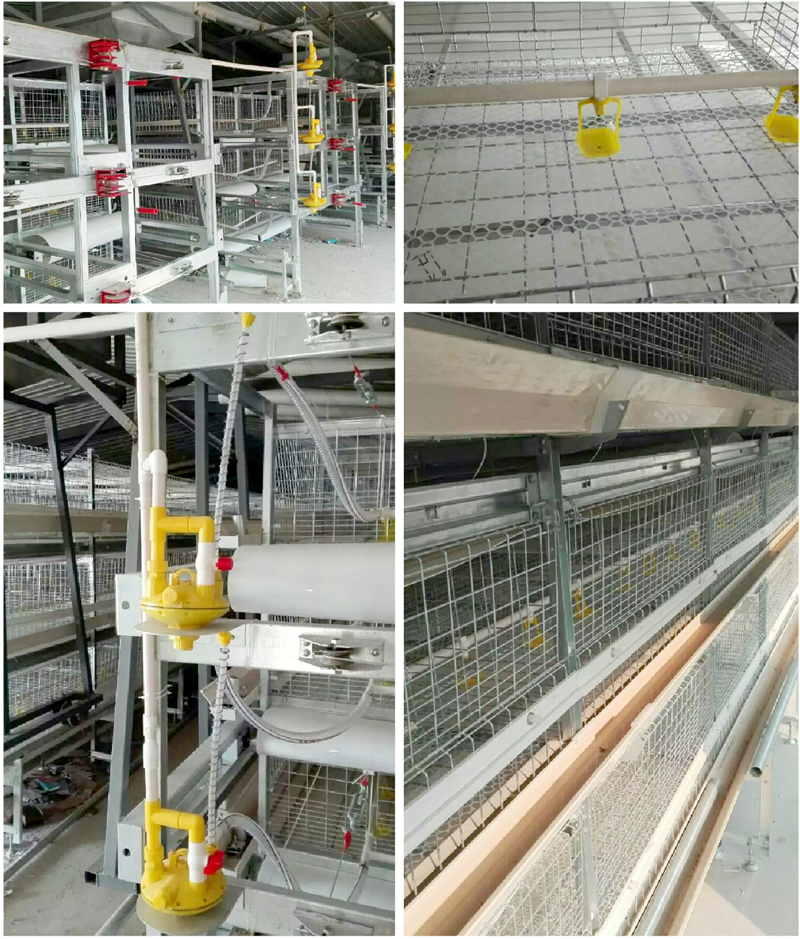
Stepped Layer Hen Cage Rearing Equipment
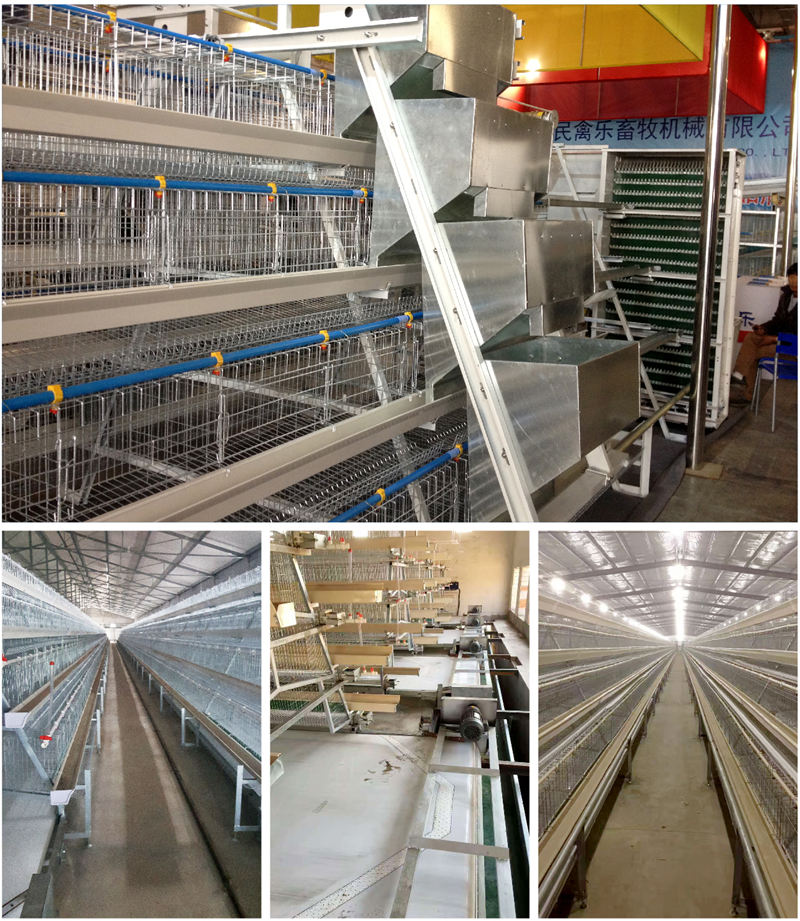
Automatic Egg Collection System
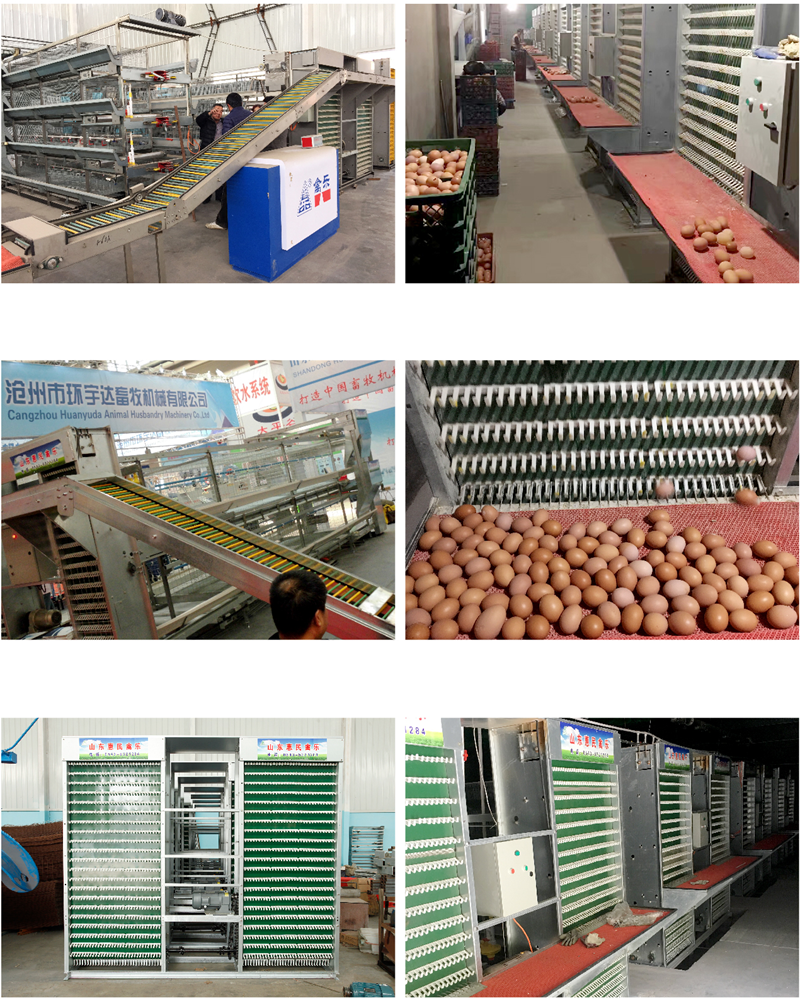
H-type Cage Feeding Machine
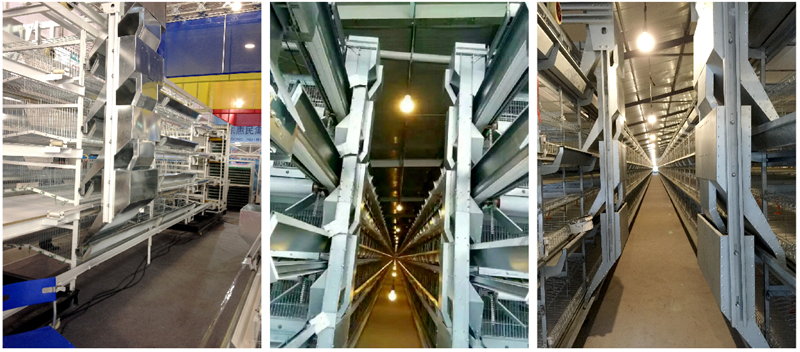
Stepped Cage Straddle Feeder
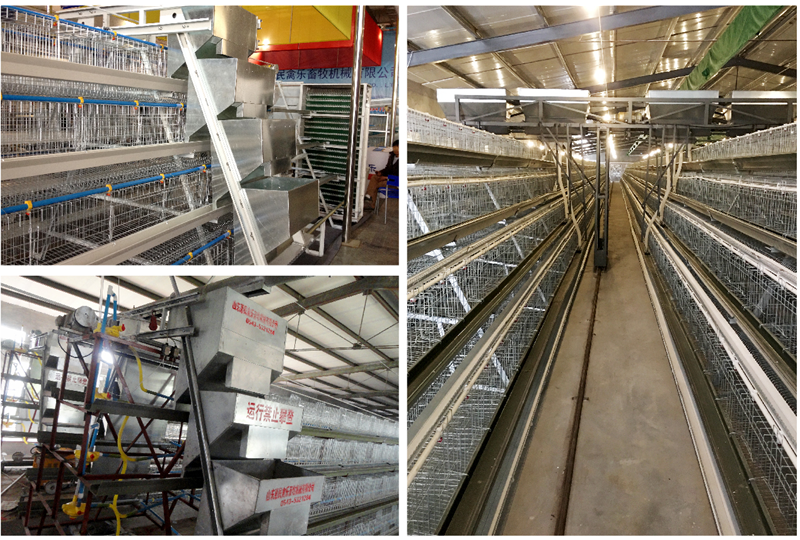
Manure Removal Machine
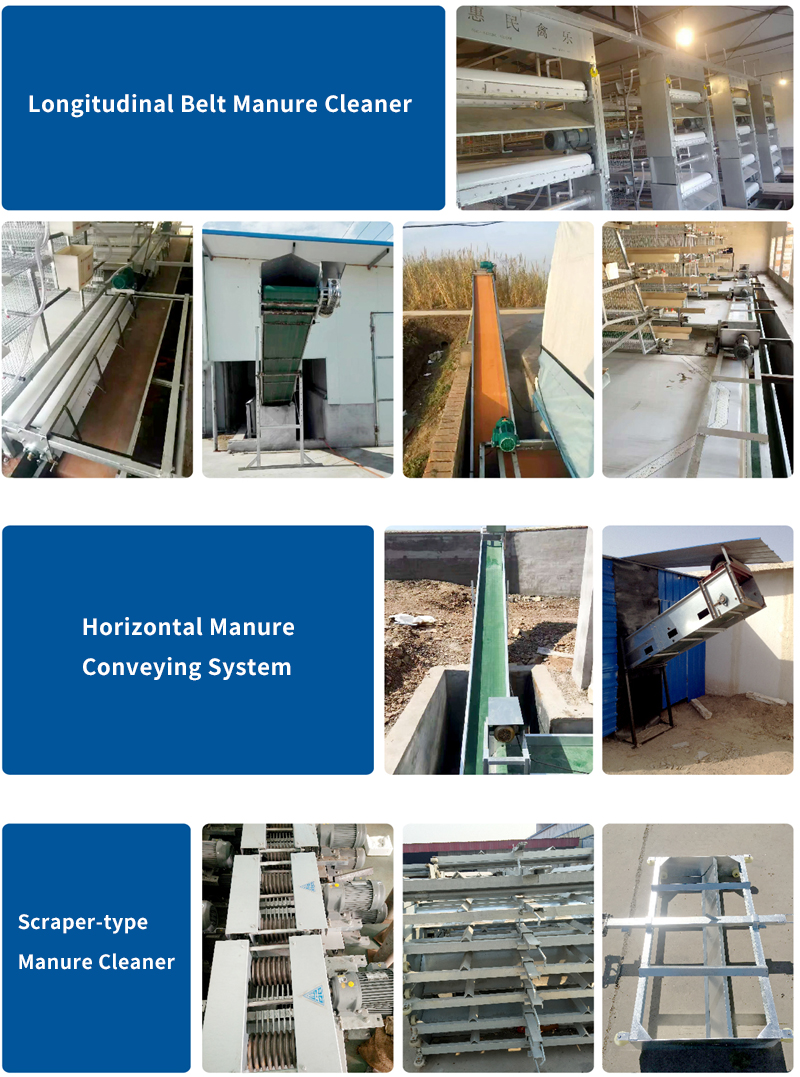
Fans, Heated Curtains, Environmental Control Systems, and Lighting Equipment
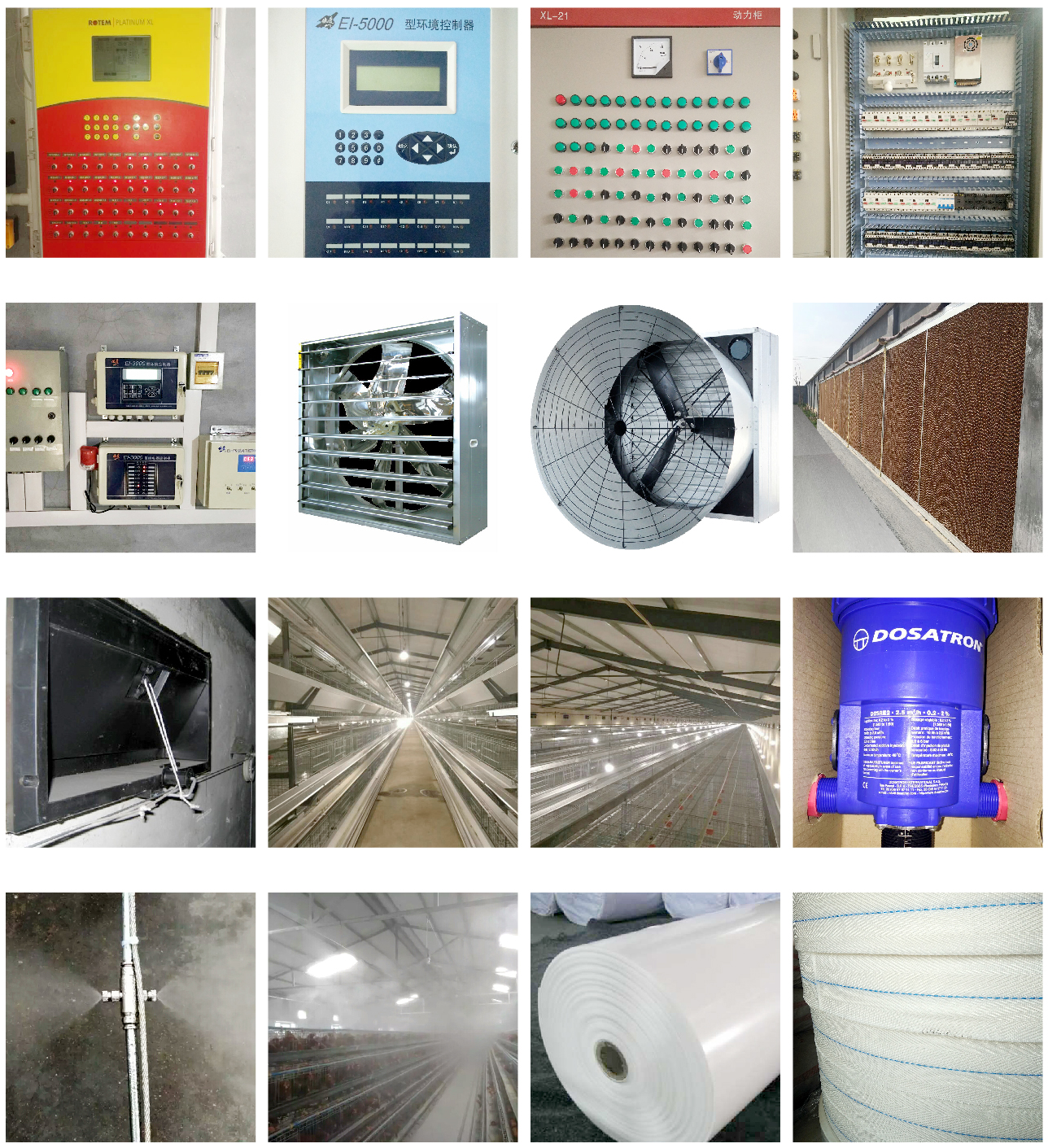
Complete Set of Equipment for Organic Fermentation Treatment of Manure
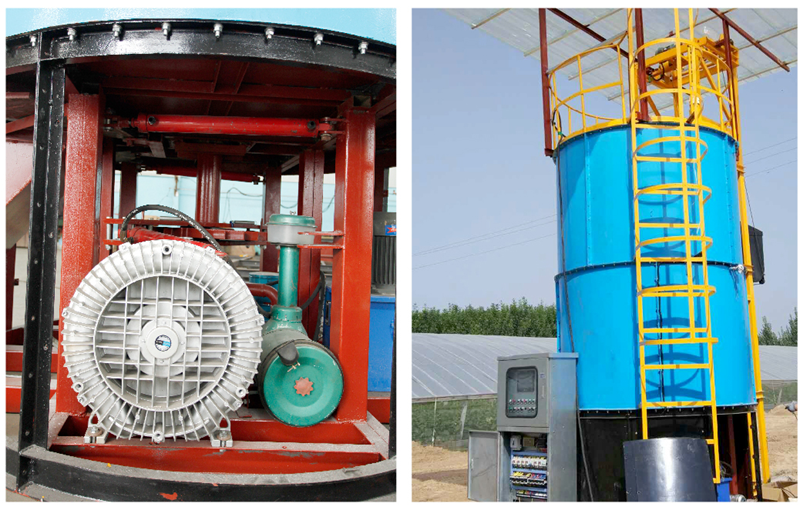

 Catalogue
Catalogue






























 ada apa
ada apa Telepon
Telepon